As the largest bank in Canada, it’s not surprising that RBC offers a wide variety of credit cards – from rewards cards to travel cards, student cards, and more. If you’ve already narrowed down your options to the ION reward cards, you may be trying to figure out which one is the best fit.
Although the RBC ION Visa and RBC ION+ Visa cards are very similar, we’ll highlight key differences and help you decide which option is better for you and your spending style. And, if you’re still on the fence, we’ll go over other RBC credit card options.
Key Takeaways
- Neither the RBC ION or ION+ Visa cards have income requirements, but the ION is the only one that doesn’t charge an annual fee.
- The RBC ION+ comes with a better welcome bonus and better earn rate.
- Both cards earn Avion Premium points.
Never miss an amazing deal again + get our bonus 250+ page eBook for FREE. Join 50,000 other Canadians who receive our weekly newsletter – learn more.
RBC ION vs. ION+ at a glance
RBC offers several types of reward cards, but both ION cards are geared towards people with lower incomes, students, or those building credit. Here’s a quick rundown of how the cards compare.
| RBC ION Visa | RBC ION+ Visa | |
|---|---|---|
| Annual fee | $0 | $48 (charged as $4 per month) |
| Welcome bonus | Up to 11,000 Avion points (terms) | Up to 21,000 Avion points (terms) |
| Maximum rewards | 1.5 points per $1 spent | 3 points per $1 spent |
| Highest earning categories | Groceries, rides, gas, streaming, subscriptions, and digital gaming | Groceries, gas, dining, food delivery, rides, streaming, subscriptions, and digital gaming |
| Insurance types included | 2 | 3 |
| Special feature | No annual fee or income requirements | No income requirements |
| Best for | Those with lower incomes, poor credit, or who need to build credit | Those willing to pay a small fee to earn more rewards |
| Get started | Apply now | Apply now |
What we love about the RBC ION Visa
Pros:
- Up to 11,000 welcome bonus points
- No annual fee
- Save 3 cents per litre at Petro-Canada stations
- 50 Be Well points at Rexall for every $1 you charge
Cons:
- Earns Avion Premium points, which are not as flexible as Avion Elite points
- Limited insurance included
Think of the RBC ION Visa as a solid starter credit card. It’s easy to qualify for and gives you a decent flat earn rate. When you’re ready to redeem your Avion Rewards points, you’ll typically get the best value by choosing the gift card option, though you can apply points towards a statement credit or even donate them to charity.
Rewards:
- 1.5 points per $1 spent on groceries, daily transit, rideshares, EV charging, streaming, digital gaming, and subscriptions1
- 1 point per $1 spent on all other purchases
We’ll cut to the chase: this card is a better option if you’re on an extremely tight budget and can’t justify the $4 monthly fee. The RBC ION Visa will help you build credit when used responsibly, so if your finances improve, you can always apply for the upgraded RBC ION+ Visa.
What we love about the RBC ION+ Visa
Pros:
- Up to 21,000 welcome bonus points
- Low annual fee is waived for students
- Earn up to 3 points per $1 spent
- Discounts and points at Doordash, Rexall, and Petro-Canada
Cons:
- Earns Avion Premium points, which aren’t as flexible as Avion Elite points
- Limited insurance included
With the EQ Bank Card, you’ll get all the standard benefits and coverage that come with the basic card, plus mobile device insurance and double the rewards earn rate. The tradeoff? You’ll pay $4 per month to carry the card.
If you’re a student and have an RBC student banking account, the annual fee is waived – so all rewards you earn are for you to spend as you please.
Rewards:
- 3 points per $1 spent on groceries, dining, food delivery, daily transit, rideshares, EV charging, streaming, digital gaming, and subscriptions
- 1 point per $1 spent on all other purchases
The RBC ION+ Visa earns you 3 times as many rewards as the standard ION card and it comes with up to $1,000 in mobile device coverage.
How do the RBC ION Visa and RBC ION+ Visa compare?
These RBC cards have a lot in common but there are a few critical differences.
Best benefits: tie
Review the benefits that come with these cards and you’ll quickly see that both offer the same standard RBC benefits. These include a 3-cent discount at Petro-Canada along with a 20% Petro Point bonus, 50 Be Well points per $1 spent at Rexall, and a 3-month Doordash subscription.
Best insurance: RBC ION+ Visa
Neither of these cards has a terribly great insurance package, considering some RBC cards offer up to a dozen types of coverage. You’ll only get an additional year of extended warranty and up to 90 days of purchase protection with the ION. Spring for the RBC ION+ Visa and you’ll also get $1,000 in mobile device coverage, so we have to award this category to the (more) premium card.
Best rewards: RBC ION+ Visa
There’s nothing wrong with the RBC ION Visa’s earn rate –you’ll get a flat rate of 1.5 points per $1 spent on these categories:
- Groceries
- Transit and rideshares
- Gas and EV charging
- Streaming, subscriptions, and digital gaming
You’ll also earn 1 point per $1 spent everywhere else.
That said, the EQ Bank Card will earn you more rewards; you’ll get 3 points per $1 spent on the above-noted categories, plus dining and food delivery. You’ll still earn 1 point per $1 everywhere else, but the accelerated category earning puts the ION+ in the lead.
Highest acceptance: tie
As Visa cards, you should have no problem using either card anywhere in the world.
Highest welcome bonus: RBC ION+ Visa
Nothing helps a card say, "Pick me!" like a great welcome bonus. Although the standard ION comes with up to 11,000 bonus Avion Premium points, its upgraded sister card gives you the opportunity to earn up to 21,000 points.
Lowest annual fee: RBC ION Visa
If you’re prioritizing a no-fee card, the basic ION is the one for you. There is an exception, however. If you have an RBC Advantage banking account for students, you’ll get a rebate for the RBC ION+ Visa’s $48 annual fee every year.
Lowest eligibility requirements: tie
This isn’t the most competitive category of the bunch since there are no income requirements for either card. RBC makes it easy to apply online for both ION cards and you should get an application decision within 60 seconds of applying.
The winner: RBC ION+ Visa
This competition isn’t terribly close since the cards are pretty evenly matched except for the earn rate. With triple the points and a low annual fee for the RBC ION+ Visa, it’s a no brainer. Plus, if you need to use the $1,000 in mobile device coverage, your card more than pays for itself.
Alternatives to the ION cards
RBC offers a wide variety of credit cards – so if neither ION card is swaying you, perhaps you want to consider some of the bank’s other options.
| Category | Credit card | Annual fee | Current offer |
|---|---|---|---|
| Best overall | RBC Avion Visa Infinite | $120 | 55,000 bonus points (terms) |
| Best premium | RBC Avion Visa Infinite Privilege | $399 | Up to 70,000 bonus points (terms) |
| Best for Metro shoppers | moi RBC Visa | $0 | Up to 5,000 bonus points (terms) |
| Best low-interest | RBC Visa Classic Low Rate Option | $20 | None |
| Best cash back | RBC Cash Back Preferred World Elite Mastercard | $99 | None |
FAQ
What is the difference between RBC ION and ION Plus?
The EQ Bank Card has a better earn rate (plus a few extra reward categories) and $1,000 of mobile device coverage. It also costs $48 a year, while the RBC ION Visa has no annual fee.
How much is the ION+ annual fee?
The RBC ION+ Visa charges $4 per month for a grand total of $48 per year.
What is the minimum income for RBC ION?
There’s no minimum income requirement for either the RBC ION Visa or RBC ION+ Visa.
creditcardGenius is the only tool that compares 126+ features of 227 Canadian credit cards using math-based ratings and rankings that respond to your needs, instantly. Take our quiz and see which of Canada's 227 cards is for you.



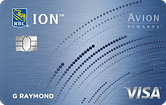

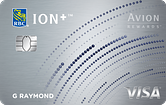


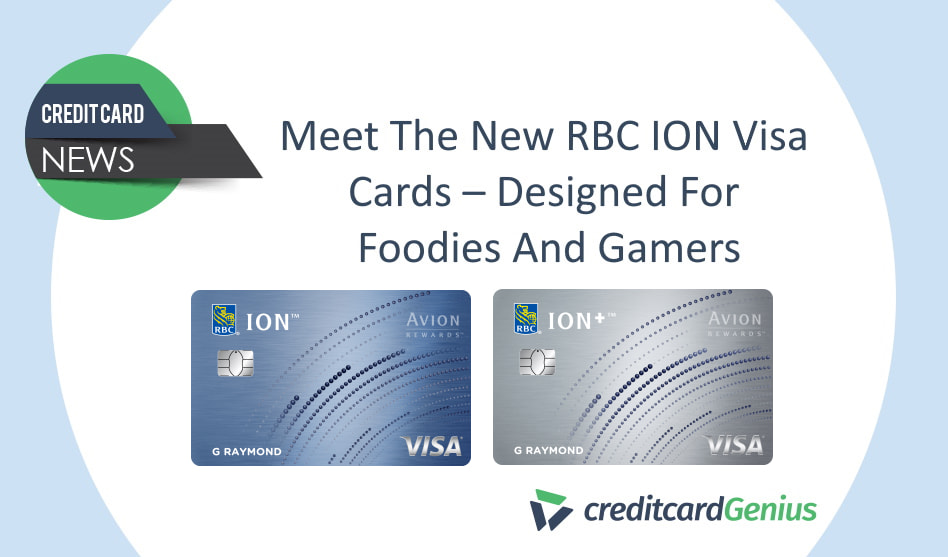
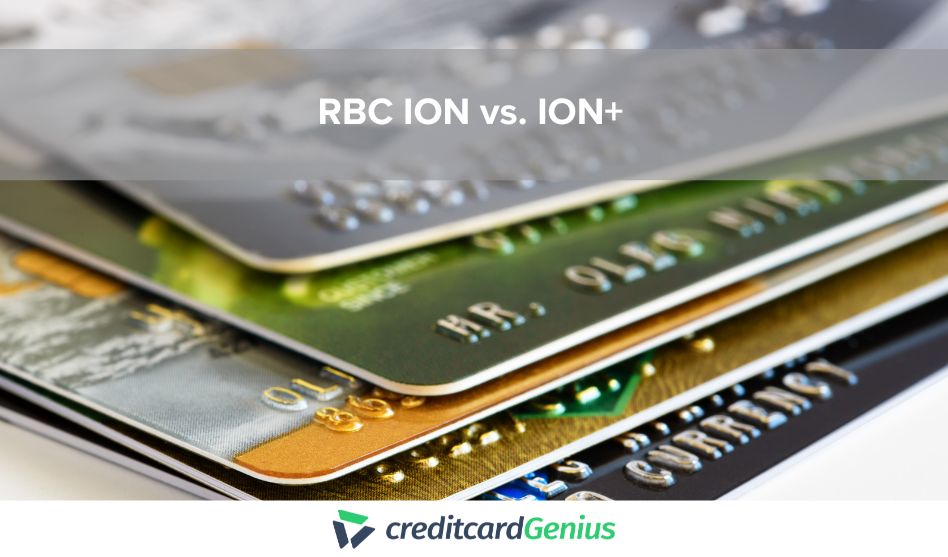
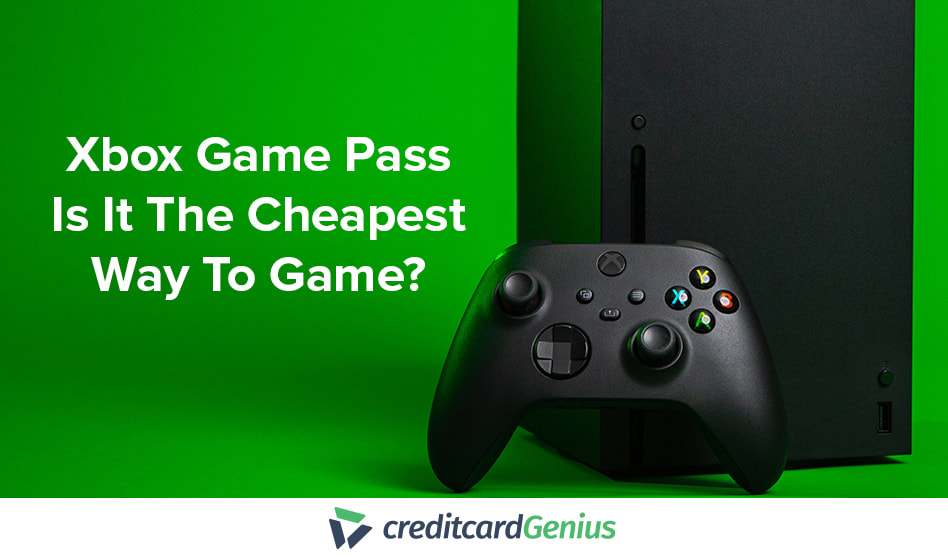


 GC:
GC: 








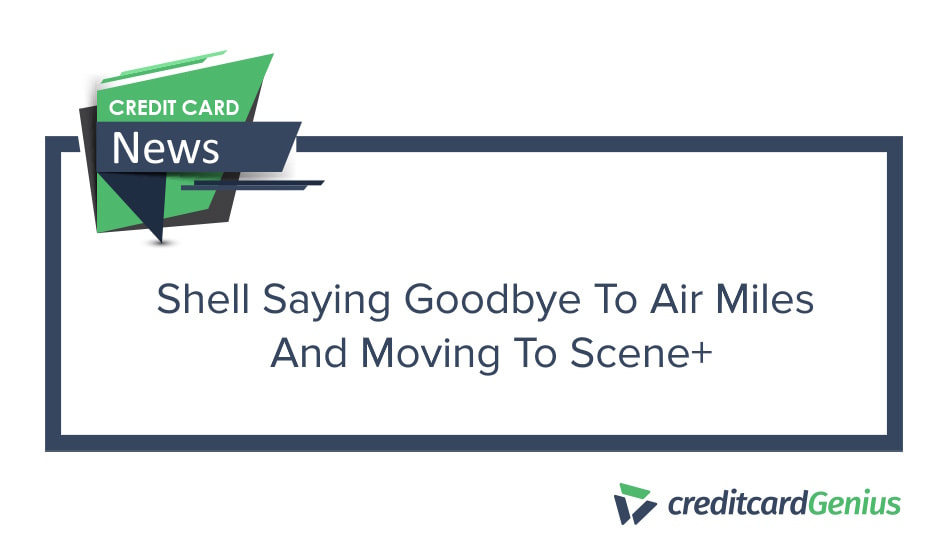
























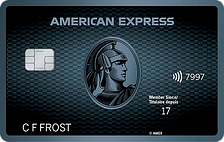
 $100 GeniusCash + Earn up to 15,000 Welcome Bonus Membership Rewards® Points.*
$100 GeniusCash + Earn up to 15,000 Welcome Bonus Membership Rewards® Points.*
Comments
Leave a comment
Required fields are marked with *. Your email address will not be published.